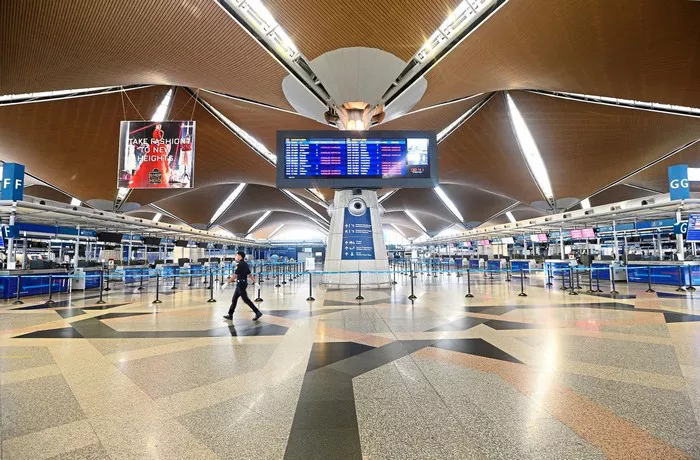Brazil Issues Formal Apology to Japanese Immigrants for World War II Persecution.
BRASILIA – The Brazilian government formally apologized on Thursday for its persecution of Japanese immigrants during World War II. This marks a significant step towards restoring the dignity of Japanese Brazilians, who suffered due to past government actions. The apology comes 79 years after the war ended and acknowledges Brazil’s position as home to the largest community of people of Japanese descent outside Japan.
The Brazilian amnesty commission, an advisory panel to the government, unanimously decided to issue the apology. Enea Almeida, the chair of the commission, stated that the panel recognizes the government’s wrongdoing in persecuting Japanese immigrants and offers an apology on its behalf. In a gesture of goodwill, she also expressed the desire for forgiveness in Japanese.
The apology follows demands from a group of Japanese Brazilians linked to Okinawa Prefecture. They, along with others, urged the government to address this historical injustice. The governments of the United States and Canada have previously apologized for their mistreatment of Japanese immigrants and their descendants during the war.
Mario Jun Okuhara, a Japanese Brazilian who advocated for the government to apologize, commented that while the apology cannot erase the suffering endured by his grandparents and parents, it is an important step toward preventing future injustices by acknowledging the past.
During the war in 1943, approximately 6,500 Japanese immigrants in Santos, a southeastern port city, were forcibly removed from their homes by the Brazilian government, which aligned with the Allied forces. This action was based on suspicions of espionage linked to the sinking of commercial ships, leading to the relocation of these immigrants to prison camps.
After the war, the government took action against those who suggested Japan had won the war. Approximately 170 individuals were treated as security threats and sent to a remote prison island.
In 2002, Brazil established the amnesty commission to investigate human rights abuses from 1946 to 1988, including those that occurred during the dictatorship and military regime. The commission was tasked with offering apologies and compensation for these violations.
While the Japanese Brazilian community has not sought financial compensation, they have emphasized the need for an apology covering the forced removal of Japanese immigrants during the war. In 2022, the commission had initially declined to issue an apology but reconsidered after new members were appointed following a change in government.
Japanese mass immigration to Brazil began in 1908, and the population of Japanese Brazilians has grown to approximately 2.7 million. Similar forced relocations of Japanese immigrants occurred in other Allied countries as well, with the U.S. and Canada offering apologies and compensation in 1988.


